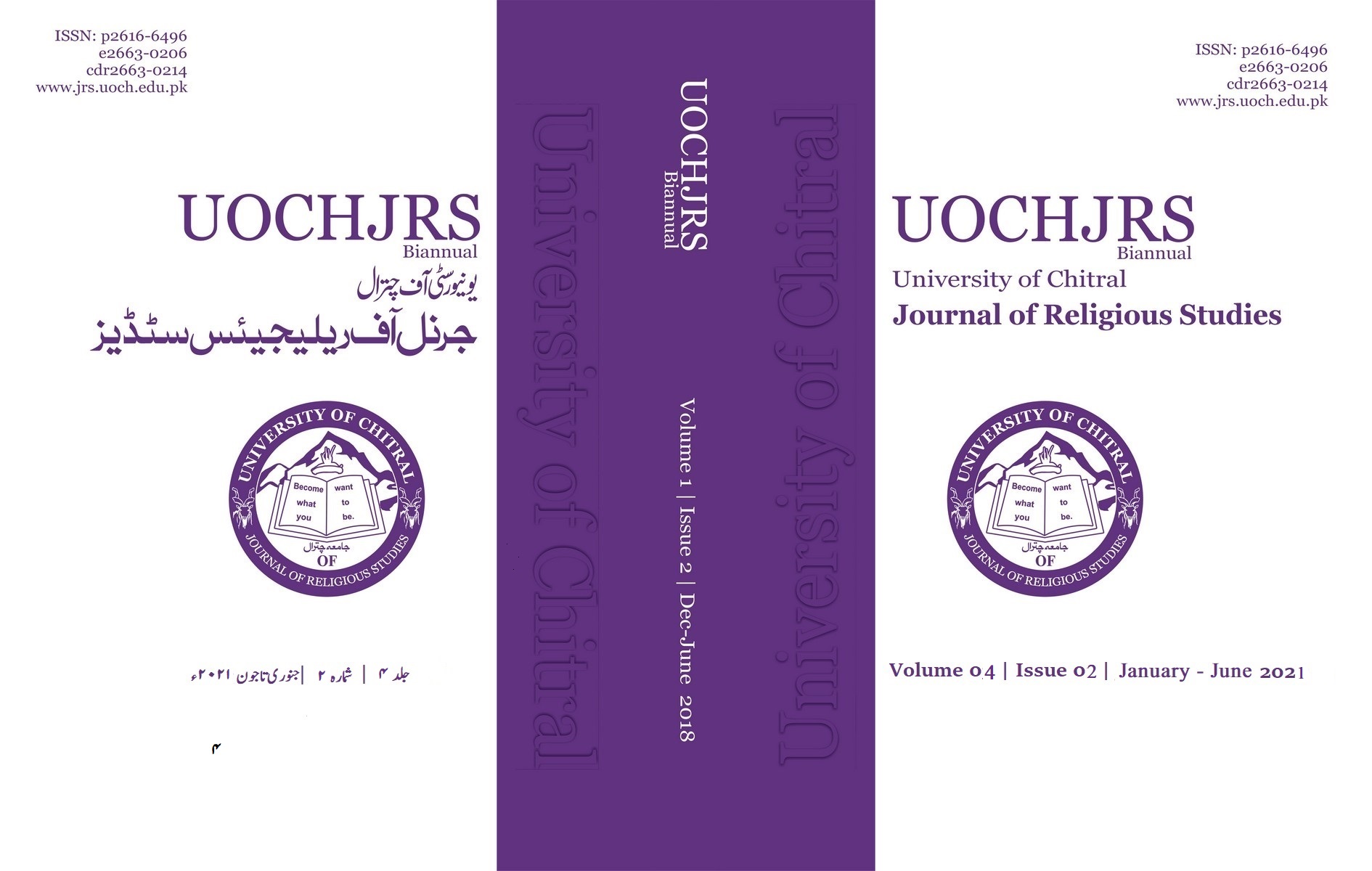An Analytical Study of Concept of Knowledge Derived from the Quranic Verses Mentioned in Iḥyāʾ ʿUlūm al-Dīn
DOI:
https://doi.org/10.33195/journal.v4i02.341Keywords:
Interpretation, exegeses, Qur’ānic Verses, knowledge, Catastrophes, Distinctiveness, īmām Ghazalī, Iḥyāʾ ʿUlūm al-DīnAbstract
This article intends to illustrate the Qur’ānic verses narrated in the book of knowledge (kitāb-ul-‘Ilm) and their interpretation mentioned in the treatise Iḥyāʾ ʿUlūm al-Dīn (The Revival of the Religious Sciences) written by Abū Ḥāmid al-Ghazalī. There are 136 Qur’ānic verses have been cited in Knowledge Book (Kitab-ul-Ilm). In this article all these verses have been studied analytically. Though Imām al-Ghazalī is multidimensional personality but in the ‘book of knowledge’ (kitāb-ul-‘Ilm)) he has elegantly described knowledge, its classification, manners for students and teachers and also the catastrophes of (harmful) knowledge. Emerging social evils of modern era, increasing along with development of knowledge have also been discussed according to interpretation of Qur’ānic verses. The distinctiveness of Imām al-Ghazalī in the interpretation of Holy verses has also been analysed. This article also shows that Imām al-Ghazalī is also a great interpreter (mufassir) of Holy Qur’ān.


